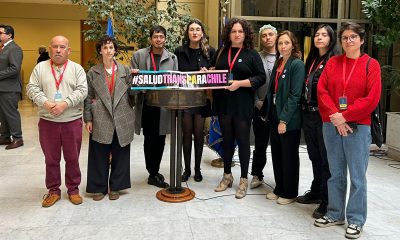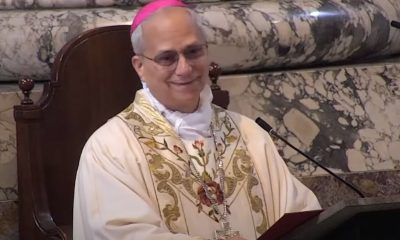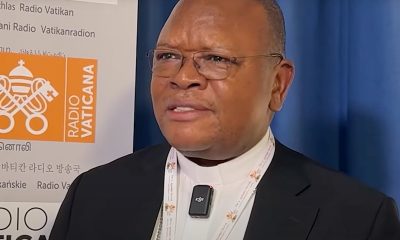Peru
Peruvian activists react to Pope Leo XIV’s election
American-born pontiff was bishop of Chiclayo
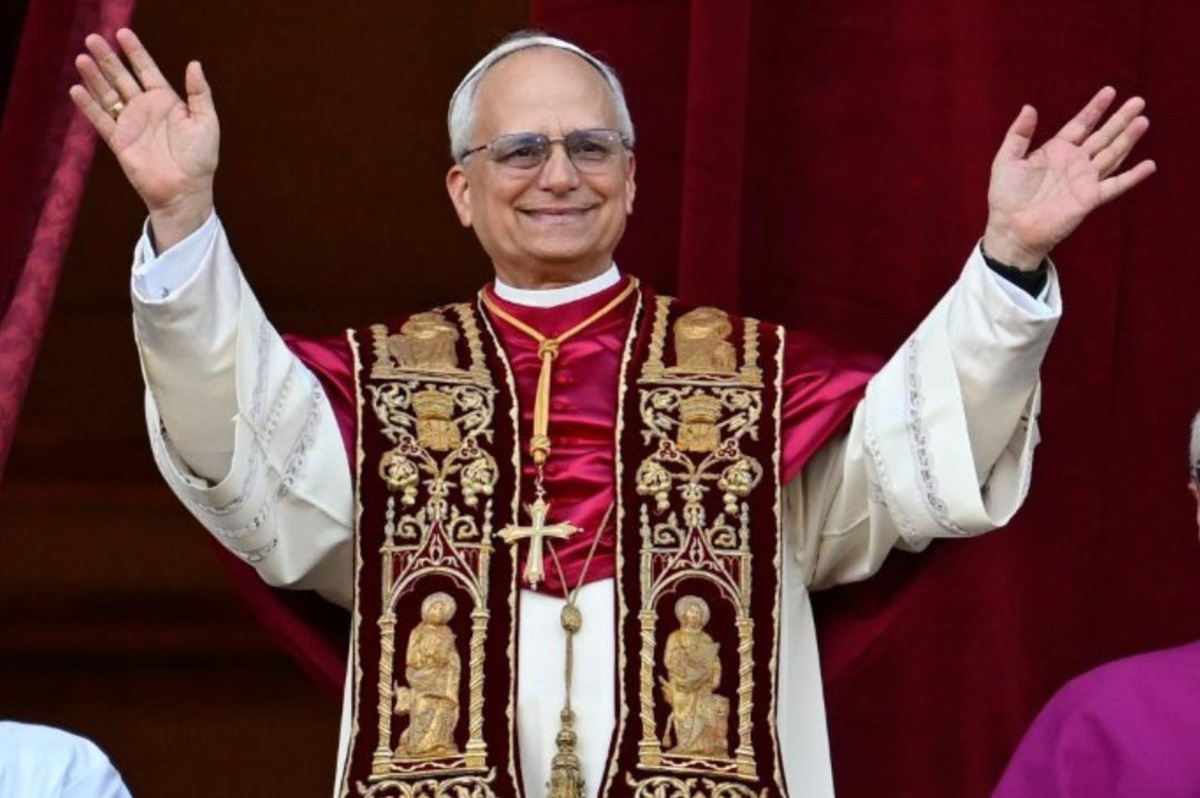
Pope Leo XIV’s election has sparked global reactions, but his appointment has struck a deeper chord in Peru.
The now-pontiff served for years as bishop of Chiclayo, a city in northern Peru. For LGBTQ+ leaders and activists in the country, Leo represents a figure who, while unlikely to overhaul church doctrine, could signal a shift towards a less hostile and more open Catholic Church.
“The fact that the new pope lived and served pastorally in Peru is no small thing,” said George Hale, director of Promsex, an advocacy group that is based in Lima, the Peruvian capital. “Leo XIV is deeply familiar with inequality, abuses of power, popular religiosity, and the pain of a society scarred by classism and exclusion. His support for victims of the Sodalitium scandal showed a courageous figure willing to listen when others remained silent.”
The Sodalitium of Christian Life, a Peruvian Catholic lay group implicated in cases of sexual and psychological abuse against minors, became one of the church’s worst scandals in Latin America. Leo’s direct involvement in sanctioning those responsible — and his central role in the group’s eventual dissolution — was widely viewed as a sign of his commitment to reform from within.
Former Congressman Alberto de Belaunde, one of Peru’s few openly gay political figures, also welcomed Leo’s election, describing his trajectory as “good news within the Vatican.” De Belaunde emphasized Leo’s time at the Pontifical Catholic University of Peru, where he served on the university’s assembly as the church’s representative.
“Unlike other pontifical universities, the PUCP is progressive and diverse,” De Belaunde said. “Monsignor Prevost always demonstrated a remarkable ability to dialogue and showed respect for differing views. That speaks volumes about both his intellectual and pastoral approach.”
The question still remains: How much could the church change under Leo’s papacy when it comes to LGBTQ+ rights?
“Sometimes, even just a change in tone makes a difference,” De Belaunde noted. “I grew up under the influence of Pope John Paul II and Bishop Cipriani, both known for confrontational rhetoric. When the pope says things like ‘Who am I to judge?’ — it doesn’t change doctrine, but it humanizes the discourse. And that matters.”
De Belaunde specifically referred to Pope Francis’s 2013 comments about gay priests. (The Vatican’s tone on LGBTQ+ and intersex issues softened under Francis’s papacy, even though church teachings on homosexuality did not change.)
“There are very conservative factions within the church, outright enemies of our rights,” said Congresswoman Susel Paredes, who is a lesbian. “But there’s also space for love of neighbor, as Jesus taught. Even if Pope Leo XIV were to chart a path toward full inclusion of LGBTQ people, resistance would remain. These things don’t change overnight.”
Paredes also highlighted Francis’s legacy — especially his vision of a synodal church. The Argentine-born pontiff who died on April 21 was Leo’s direct mentor.
“Pope Francis spoke of a church where ‘everyone, everyone, everyone’ walks together without distinction,” she said. “Leo XIV was already part of that vision when he worked in some of Peru’s poorest areas. That gives us hope and reason to watch his papacy with expectation.”
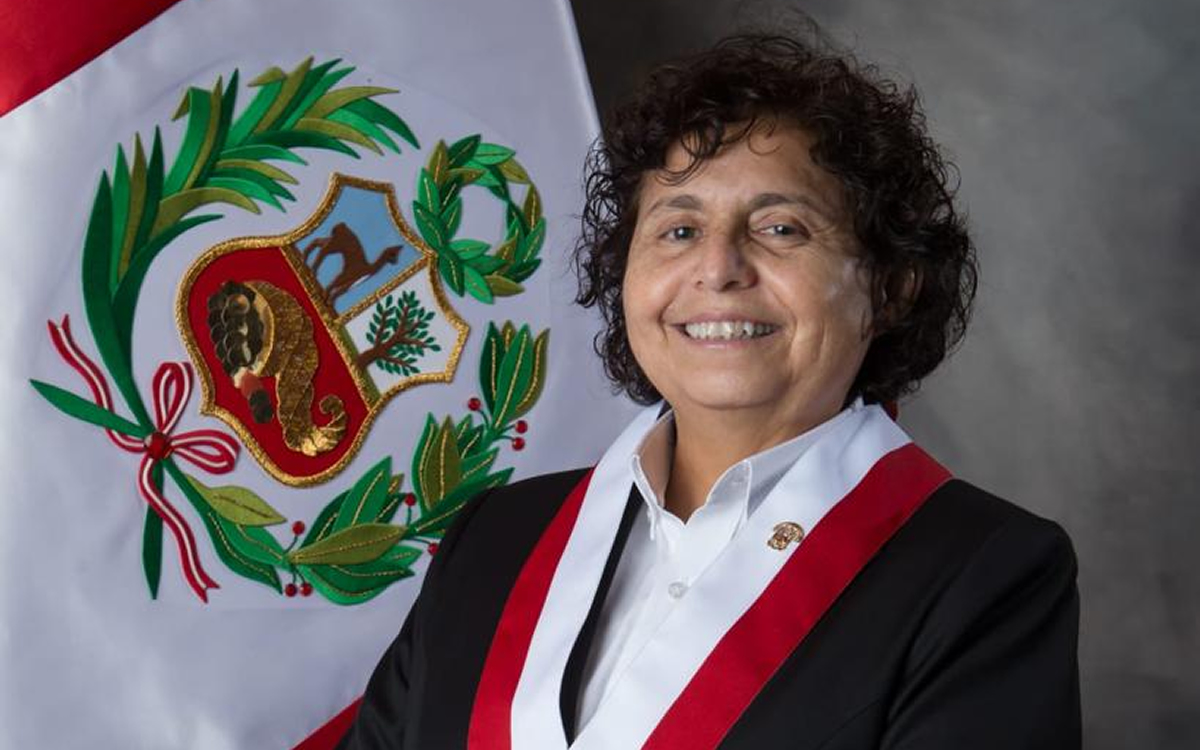
Activists, however, are clear-eyed about the limits of symbolic change.
“He (Leo) doesn’t appear to be a hostile figure,” Hale said. “But he’s not pushing for radical reform either. He won’t lead the fight for same-sex marriage or trans rights. But his more humane tone — his closeness to those on the margins — can help de-escalate hate speech, especially in a country like ours.”
Hale also pointed to a recent gesture from the new Leo that raised concerns: His public support for the Peruvian bishops’ statement opposing a court ruling that granted Ana Estrada, a woman with a degenerative disease, the right to die with dignity through euthanasia.
“By endorsing that statement, he reaffirmed official doctrine. And while he may be compassionate, he’s still aligned with traditional positions on some key issues,” Hale said. “That’s why we insist: We’re not expecting a revolution, but a shift in tone matters.”
Peru does not recognize same-sex marriages, and transgender people lack legal protections. Expectations about Leo’s papacy remain measured because church rhetoric remains a roadblock to civil rights.
“Rights are granted by laws, and the separation of church and state must remain fundamental,” said Paredes. “That’s where progress happens, in secular legislation.”
“Yes — it’s a breath of fresh air to have a pope who doesn’t slam the door shut, who has walked with Peru’s most excluded,” she added. “That gives us encouragement to keep going.”
Peru
Victory Institute to honor Peruvian congresswoman at D.C. conference
Susel Paredes is first lesbian woman elected to country’s Congress

The LGBTQ+ Victory Institute will honor Peruvian Congresswoman Susel Paredes at its annual International LGBTQ+ Leaders Conference that will take place in D.C. in December.
Paredes, a long-time activist who in 2021 became the first lesbian woman elected to the South American country’s Congress, will receive the 2024 LGBTQ+ Victory Institute Global Trailblazer Award.
Paredes and her wife, Gracia Aljovín, married in Miami in 2016. The two women sued the Peruvian government after the country’s Constitutional Court denied their request to register their marriage.
“It is a true honor and a recognition that I deeply value,” said Paredes in a post to her X account after she learned the Victory Institute will honor her in D.C.
Victory Institute Executive Director Elliot Imse described Paredes as “a true champion through her activism and political engagement for decades.”
“Her historic election to the Congress of Peru is just one of many testaments to her status as a true trailblazer who is exceptionally deserving of this honor,” added Imse.
-

 Features4 days ago
Features4 days agoWhat’s next for “local hero” and longtime queer ally Genevieve Morrill
-

 Mexico2 days ago
Mexico2 days agoUS Embassy in Mexico issues shelter in place order for Puerto Vallarta
-

 Out & About1 day ago
Out & About1 day agoQueer, trans AAPI joy shone at this year’s Golden Dragon Parade
-

 Arts & Entertainment7 hours ago
Arts & Entertainment7 hours ago2026 Best of LGBTQ LA Finalist Voting
-

 Health1 day ago
Health1 day agoWhere medicine meets dignity: Be Well Medical Group founder Isaac Berlin is here and queer to serve the community
-

 Movies3 days ago
Movies3 days agoRadical reframing highlights the ‘Wuthering’ highs and lows of a classic
-

 a&e features4 days ago
a&e features4 days agoLiveplay series ‘Gladlands’ finds hope in the unlikeliest of places
-

 Autos1 day ago
Autos1 day agoGoing for gold: Ford Bronco Sport vs. Toyota RAV4
-

 a&e features3 days ago
a&e features3 days ago‘Pee-wee as Himself’ and ‘Lurker’ directors on how queer audiences have reacted to their Spirit Award-winning films
-

 California10 hours ago
California10 hours agoExperts discuss pathways forward as anti-trans violence continues to rise

